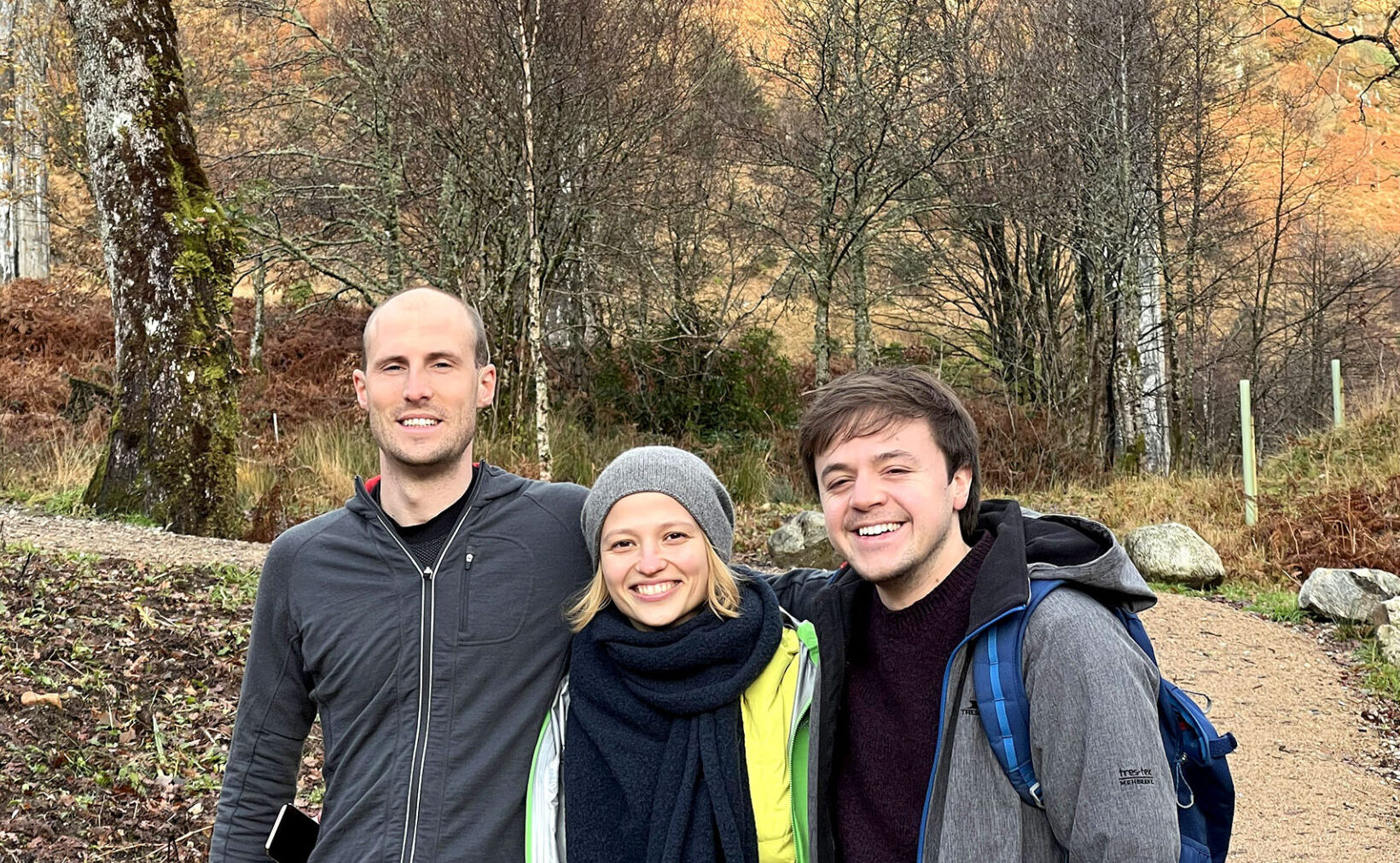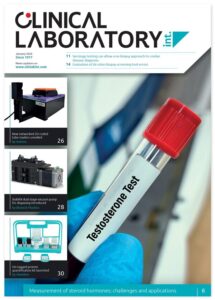Techbio startup Briefly Bio secures £1.2m to address reproducibility crisis in science
London-based startup Briefly Bio has launched with £1.2 million in pre-seed funding to tackle one of the most pressing issues in scientific research: reproducibility. With an estimated 50% of preclinical research experiments failing to be reproduced, costing the industry over £50 billion annually, Briefly Bio aims to revolutionise how scientists document and share their work.
Innovative approach to experimental documentation
Briefly Bio’s software utilises artificial intelligence to convert existing experiment descriptions into a consistent format, automatically filling in gaps and identifying errors. This approach creates a shared language for experiments, enhancing clarity and consistency across scientific collaborations.
Dr Katya Putintseva, Harry Rickerby, and Staffan Piledahl, the founders of Briefly Bio, bring a diverse range of experience from academia, tech, biotech, and robotics. Their previous work at drug discovery startup LabGenius, where they contributed to building an ML-driven antibody discovery platform, has informed their approach to addressing the reproducibility crisis.
Briefly Bio founders: (left to right) Staffan Piledahl, Dr Katya Putintseva and Harry Rickerby
Addressing the complexity of modern biological experiments
As biological experiments have grown increasingly complex, critical details are often lost or undocumented, leading to inefficiencies in scientific collaboration. Briefly Bio’s software aims to solve this problem by ensuring that all necessary information is captured and shared effectively.
Rickerby, CEO and co-founder of Briefly
Bio, explained the rationale behind their approach: “Scientific methods are a bit like software code, they are a set of instructions that define how an experiment should be run. The majority of this ‘code’ is incomplete, since writing up each experiment completely takes a huge amount of effort. Now, with LLMs, there’s a way to make these methods consistent without imposing on a scientists’ workflow.”
Implications for scientific advancement
The potential impact of Briefly Bio’s technology extends beyond individual experiments. With the increasing use of AI and high-throughput experimentation in scientific discovery, there is a growing need for consistency and transparency in dataset generation. Briefly Bio’s software could provide the necessary infrastructure to accelerate scientific progress in biology by ensuring the quality and reproducibility of experimental data.
Expert opinions on Briefly Bio’s potential
Several experts in the field have expressed enthusiasm for Briefly Bio’s approach. Dr Gena Nikitin, Founder of Miphic, described it as “a revolution in documenting lab experiments” and “the future of foolproof knowledge-sharing between scientists”.
Dr Maria Anastasina, Wet Lab Head at the Evolutionary and Synthetic Biology Unit, OIST, noted that Briefly Bio has become “a core part of our lab’s knowledge base and a great help to me in training researchers and lab management”.
Rob Harkness, CTO of Biosero, highlighted the potential of Briefly Bio’s software to address challenges in lab automation: “Briefly Bio addresses this by converting scientific protocols written in natural language into a common and consistent structured format. This facilitates much faster design and implementation of automated systems, ensuring all critical information is captured and utilized effectively.”
Industry impact
The £1.2 million pre-seed funding round, led by Compound VC with participation from NP Hard, Tiny VC, and angel investors, demonstrates the industry’s recognition of the urgent need to address the reproducibility crisis in scientific research.
Shelby Newsad, Investor at Compound, emphasised the unique position of Briefly Bio in the scientific software landscape: “Whereas most bio software companies focus on data and its analysis, Briefly goes upstream to the core problem space of reproducibility via protocols. For the first time in science history, this incentivizes scientists to share more of their previously tacit knowledge.”
As Briefly Bio continues to develop its platform, the potential for improved collaboration, efficiency, and data quality in scientific research is significant.





